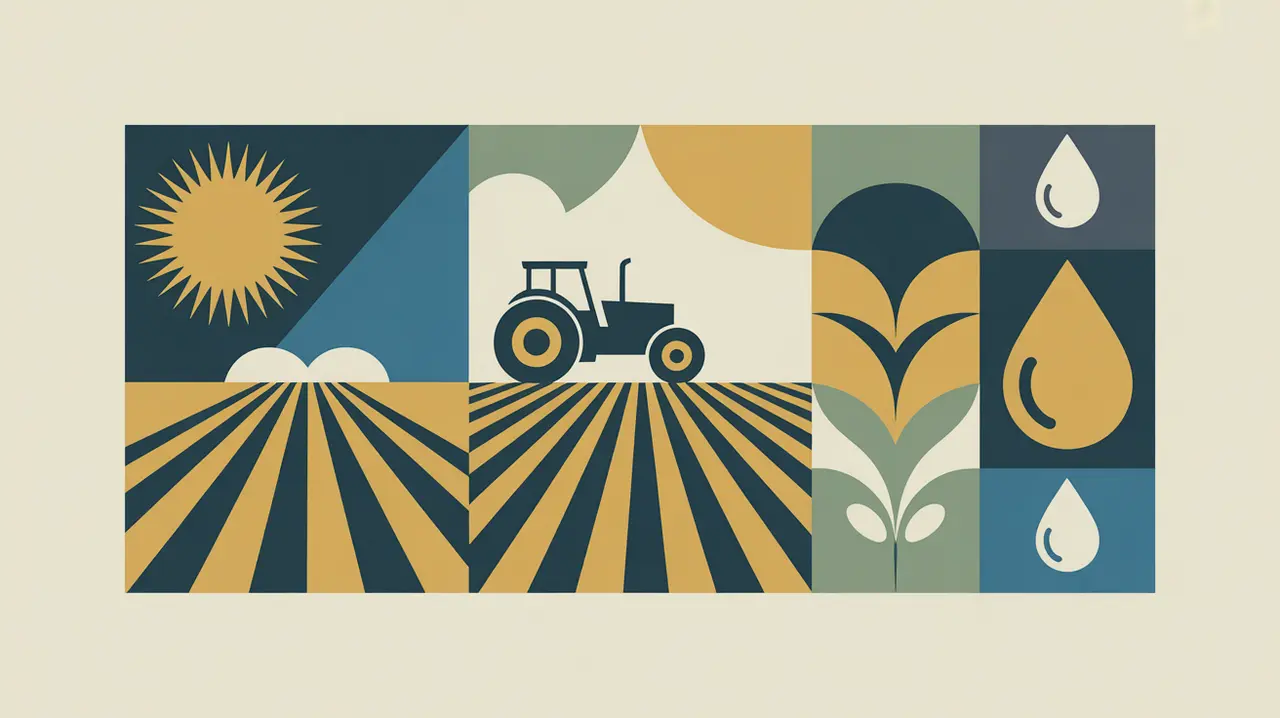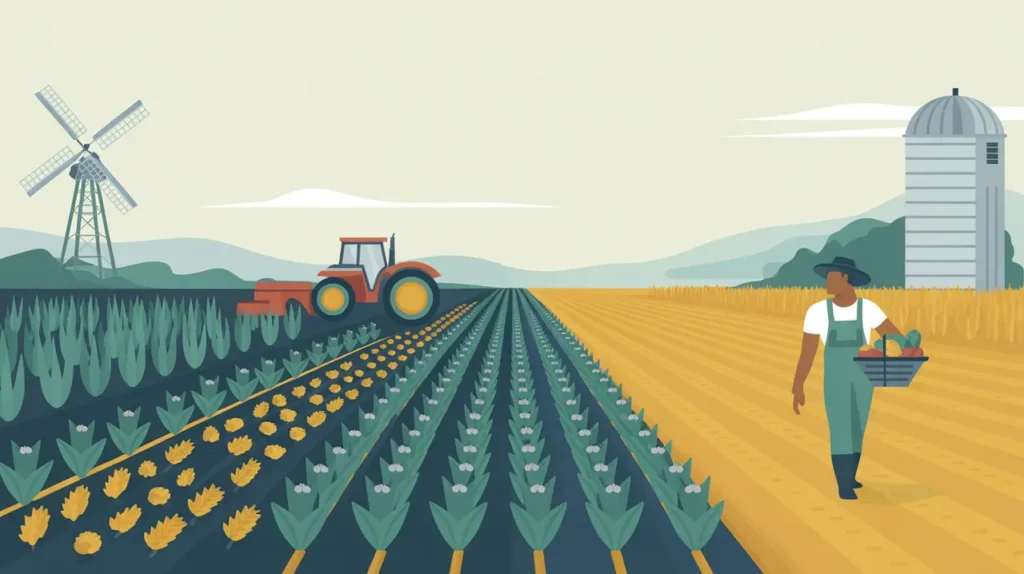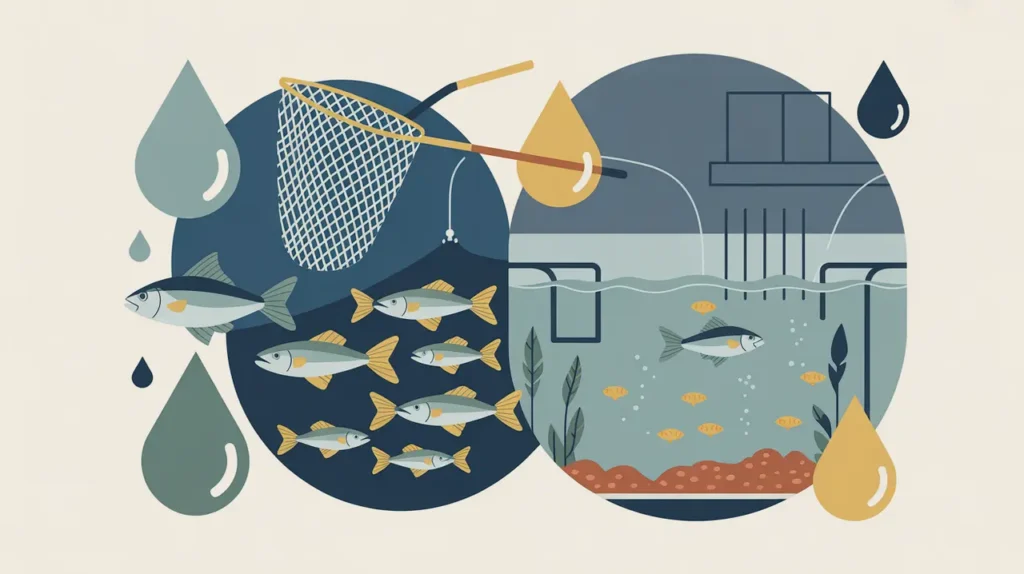Importance of Crop Production
Crop production is central to food security, livelihoods, and economic development. It provides the primary source of nutrition for billions of people and sustains the incomes of smallholder farmers who make up a large share of the world’s poor. In international development, crop production is directly linked to poverty reduction, rural development, and climate resilience. For nonprofits and social innovators, supporting sustainable crop production is a pathway to improving health, reducing hunger, and enabling communities to adapt to changing environmental conditions.
Definition and Features
Crop production refers to the cultivation of plants for food, feed, fiber, or fuel. Its defining features include:
- Staple Crops: grains such as rice, maize, and wheat that feed much of the global population.
- Cash Crops: crops grown for sale or export, including coffee, cocoa, and cotton.
- Production Systems: ranging from subsistence farming to mechanized, large-scale agriculture.
- Sustainability Factors: influenced by soil health, water use, biodiversity, and climate conditions.
How this Works in Practice
In practice, crop production involves land preparation, planting, cultivation, and harvesting, supported by inputs such as seeds, fertilizers, and irrigation. For example, nonprofits may provide improved seed varieties and training in conservation agriculture to smallholder farmers, increasing yields while protecting the environment. Governments and development agencies support crop production through subsidies, extension services, and market access initiatives. However, barriers such as limited access to finance, land tenure insecurity, climate shocks, and reliance on chemical inputs can undermine productivity and sustainability.
Implications for Social Innovation
Crop production has wide implications for social innovation. Efforts to improve productivity must balance yield gains with ecological sustainability and equity. Innovations such as climate-smart agriculture, precision farming, and agroecology demonstrate how technology and traditional knowledge can converge. For proximate actors, strengthening crop production systems is not only about growing more food but also about creating dignified livelihoods, protecting ecosystems, and building resilience against climate change. Reimagining crop production through sustainable practices can transform agriculture into a driver of both human wellbeing and planetary health.







